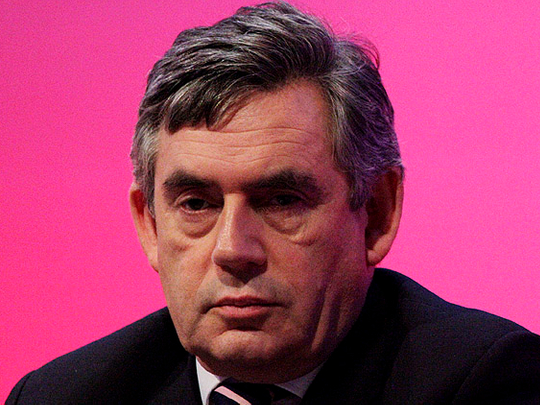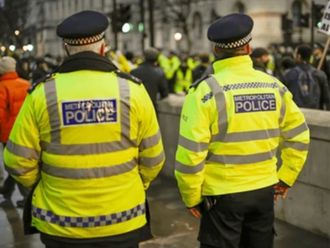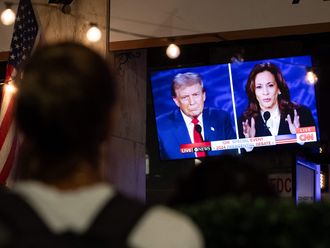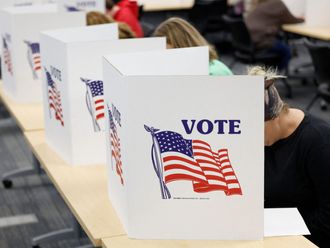
British Prime Minister Gordon Brown confirmed on Tuesday that a general election will be held on May 6.
The following is a timeline of key dates:
April 6: Parliament finishes essential business in what is known as the "wash-up" session before members head for constituencies to campaign or head into retirement. Around 150 members of parliament are not standing for re-election.
April 8: Bank of England decision on interest rates due, as well as data on manufacturing and industrial output. Analysts expect rates to be kept at a record low of 0.5 percent but the data will be closely watched for signs of economic recovery, a central campaign issue.
April 8: Reuters publishes latest Ipsos MORI poll of marginal seats.
April 12: Parliament will be dissolved. Dissolution marks the start of period during which ministers and civil servants must follow guidelines to ensure they do not use their position for party political advantage before the ballot.
April 12 to 13: US President Barack Obama hosts an international summit on nuclear security. Brown has not confirmed if he plans to attend.
April 15: The first of three televised debates between Brown, Conservative leader David Cameron and Nick Clegg, leader of the Liberal Democrats. The debate will be aired on Britain's ITV1 channel and focus on domestic affairs.
April 21: Employment statistics expected.
April 22: Public finance figures for March expected. This will include the size of Britain's budget deficit, forecast to be the largest on record. Reducing the deficit is the main issue on which the election is being fought.
April 22: Sky News to host second TV debate by heads of the main parties. The theme is expected to be foreign affairs.
April 23: Preliminary gross domestic product for the first quarter to be announced. The figure will be closely watched for any sign of a "double-dip" recession.
April 28: Reuters publishes poll of economists' forecasts on next Bank of England interest rate decision as well as the probability of a "hung parliament", in which no party has an absolute majority.
April 29: The final televised debate between main party leaders, hosted by the BBC. The main theme will be the economy.
May 5: Reuters poll on sterling to be published. Sterling has been sensitive to political developments, and polls suggesting a hung parliament have put pressure on the pound.
May 6: Polling day. Polls close at 2100 GMT and exit polls will give first indication of outcome.
May 7: Declaration of election results from 650 constituencies. Some constituencies are likely to forego the traditional overnight count on cost grounds, meaning results will come later in the day.
May 18: Parliament will reconvene. Parliament normally holds its first session six days after an election, but this period has been extended to allow new MPs more time to prepare for parliamentary service.












